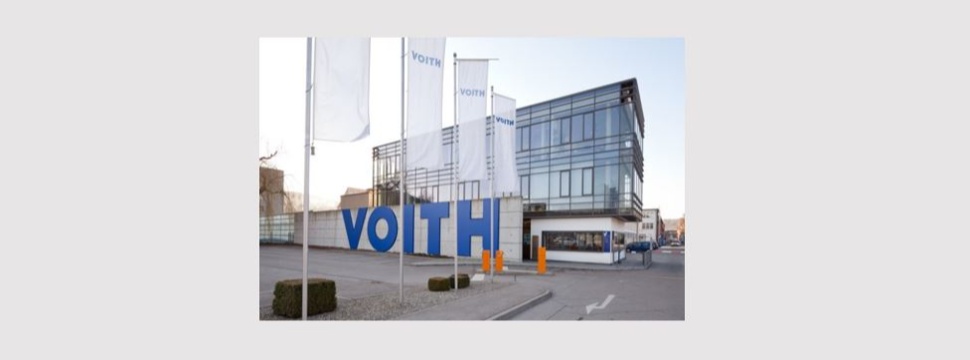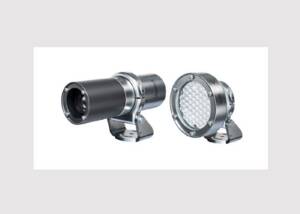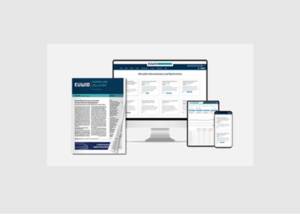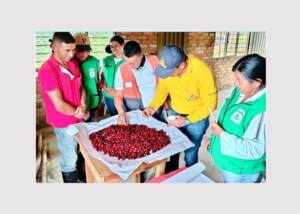Successful collaboration between Voith's OnPerformance.Lab and Hamburger Containerboard leads to optimized grade change and consistently high quality
News General news
- Successive optimization activities ensure 35 percent faster grade changes, more stable processes and significant production increases
- Trusting and close partnership between Voith and Hamburger Containerboard throughout the entire process
- Holistic approach and comprehensive competence of the OnPerformance.Lab convince for further cooperation

The experts from Voith's OnPerformance.Lab (OPL) and Hamburger Containerboard have achieved 35 percent faster grade changes, optimized length profile and more stable processes on PM 1 at the producer's Spremberg site. Hamburger Containerboard, a member of the Prinzhorn Group, produces around 340,000 tons of paper each year on its PM 1. The line manufactures white uncoated and coated papers as well as gypsum board with basis weights between 120 and 180 gsm. In order to increase the efficiency of the line as well as to optimize the quality of production, the company has been working successfully with the OnPerformance.Lab experts from for just over a year.
The remote optimization began with the collection of all relevant process and machine data from PM 1, which Voith used to develop possible solutions for increasing the efficiency of the plant. The OPL experts then discussed the issues occurring on the machine with all project participants, refined the models, adjusted controller settings and suggested program changes in the customer control system. In regular feedback meetings, the teams evaluated each step and made joint decisions on how to proceed.
Based on this positive experience, Hamburger Containerboard has decided to continue to rely on the expertise of the OnPerformance.Lab as a long-term partner. Another argument in favor of the OPL was that the measures already implemented are having a positive economic impact and higher production is now achievable.










